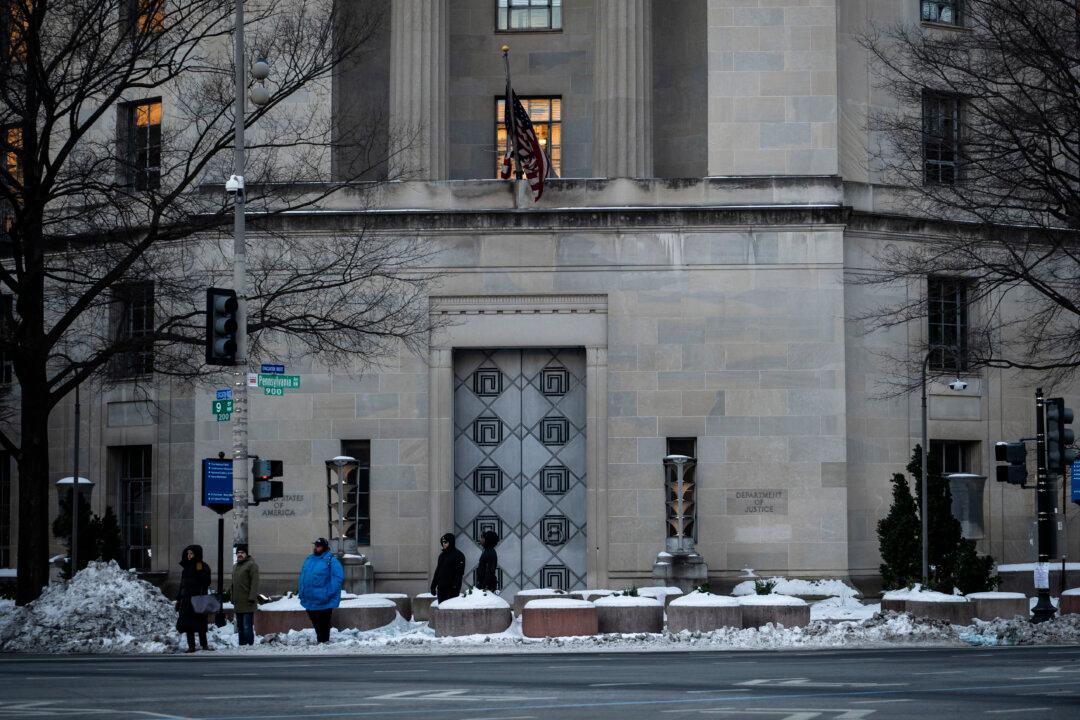TAIPEI, Taiwan—China escalated its war-mongering towards Taiwan on Jan. 28, warning the self-ruled island that “independence means war.”
The threat was made during a monthly briefing by Wu Qian, the spokesperson for China’s Ministry of National Defense. He made the remarks while responding to a question about recent activities by China’s air force near Taiwan.
An ADIZ is a publicly-declared area next to a state’s national airspace, in which approaching foreign aircraft must be ready to submit their identifiers and location. The area allows a state the time to judge the nature of the incoming aircraft and take defensive measures if needed.
Wu said that China’s military activities near Taiwan were in response to “external interference and provocations by Taiwan’s independence forces.”
China’s ruling communist party (CCP) claims Taiwan is a part of its territory and has never renounced the use of military force to bring the island under its fold. Additionally, the Chinese regime sees Taiwan’s ruling party, the Democratic Progressive Party (DPP), as an “independence force.”
The DPP traditionally advocates for the island to formally declare independence from the mainland, in contrast to its main opposition party, the Kuomintang (KMT), which leans pro-Beijing.
While Taiwan has never formally declared independence, the island is a de-facto independent nation-state, with its own democratically-elected government, military, and constitution.
“We have obligations to assist Taiwan with their self-defense and I think you’re going to see that continue,” Kirby said.
“The #CCP has always threatened violence to suppress Taiwan’s democracy, & today’s statement is a clear reminder of their brutality & growing belligerence. The US will stand with our democratic partner #Taiwan against CCP provocations,” the lawmaker wrote.
In a Thursday briefing, Chiu Chui-cheng, the spokesperson for Taiwan’s Mainland Affairs Council, an agency that deals with China issues, said Beijing should “think carefully and not underestimate Taiwan’s determination to defend its sovereignty and uphold democracy and freedom.”
Taipei City Councilor Wang Shih-cheng explained on his Facebook page on Thursday that China’s continued military threat against Taiwan has served the purpose of being propaganda material for the CCP.
In other words, Wang said that the Chinese regime was “legitimizing” its rule through the propaganda, telling its own people how “China has become a powerful country militarily” under the rule of the CCP.
“It is disgraceful that China has used this time to step up its military aggression against the Taiwanese people,” Lai wrote.





